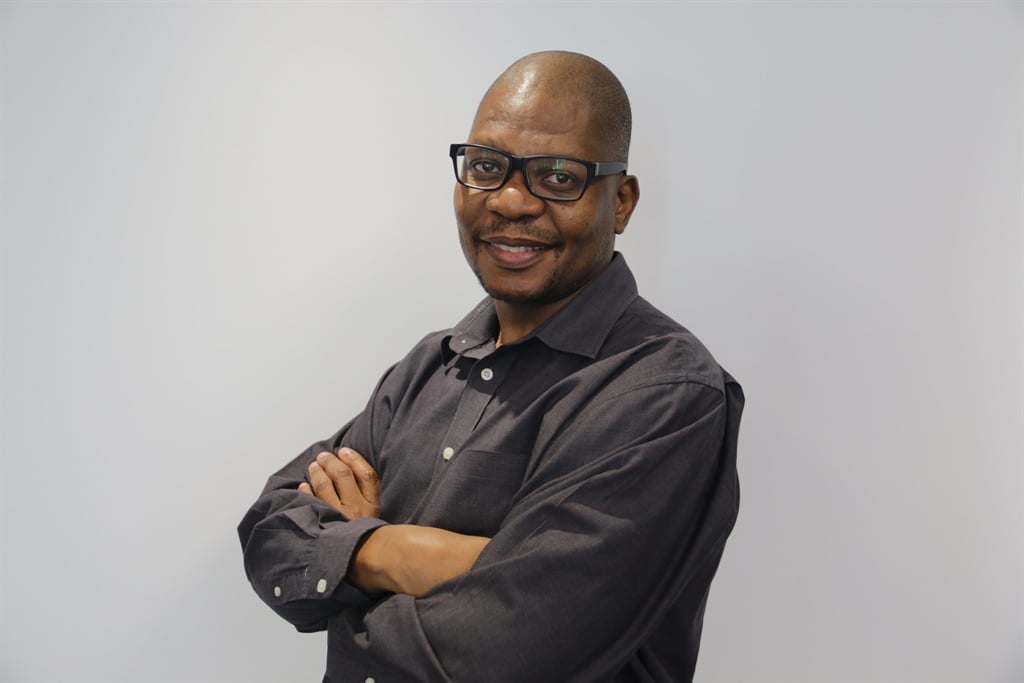
One of the best characterisations of the nature of journalists this lowly newspaperman has come across is that we are those people on the last plane into the place where people are catching the last plane out.
That description aptly captures what some believe is our tribe’s insane appetite for being in dangerous situations.
Much of humanity cannot understand why it is that every young journalist who walks into a newsroom for the first time dreams of going into a conflict zone and being in the middle of the action – armed only with the tools of the trade.
They surmise that this can only be a sign of insanity, when we are actually the sanest tribe on earth.
You need only to walk into a bar full of journalists to discover the height of sensibility and common sense among us.
You see, at our very core we are idealists. We believe in the creation of a better world.
Journalists want things fixed and bettered. They want a world where living conditions are better, economies are better, the arts are better, sport is played better and food is cooked and eaten better.
Journalists know perfection may be unattainable but they serve to remind humanity to keep striving for it.
“For generations there had been a quiet understanding about what newspapers were for. They were there primarily to tell a society about itself, to act as a pollinator of information. To be a conduit between subjects and rulers, citizens and legislators, legislators and citizens, citizens and citizens,” Rusbridger said.
“The Enlightenment brought with it an understanding that decent liberal democracies relied on having a sufficient number of adequately, or reasonably, informed citizens. The contrary was also true: That it would be difficult to maintain a liberal democracy – in all its subtlety and with all its finely tuned balancing acts – if the people were ill-prepared, ill-informed, or, worse still, misinformed.”
This imperative could not be more relevant than in today’s fast-moving world in which the tasks of deceiving, misinforming and spreading ignorance are so much simpler and in which attention spans are so much shorter.
This is not to say journalists are the conscience of society. We are too imperfect for that. Those who harbour such illusions should walk into a bar full of journalists.
The media is the eyes and ears of society, a platform for dialogue, a conversation starter, an entertainment vehicle and a place where dreams can be articulated and achievements celebrated.
And when we do so we betray our mission.
Because of the power of the media, the mistakes and faltering can gravely affect others. This is why we have mechanisms to minimise such to humanly possible levels and effect redress when wrong has been done.
When this pillar appears to be shaky, society feels it acutely. When we misstep, society feels let down. When we err badly, society judges us harshly.
This happens in all democracies that take the media seriously and which expect the fourth estate to play its rightful role.
Inasmuch as we, as idealists, want a perfect society, so the public expects a certain level of perfection from us loudmouths.
It is a tribute to the standing of the media that society holds us to exacting standards. It would be much worse if the reaction was to say: “What do you expect from journalists?”
But that having been said, there is a danger that the foes of transparency and good governance will want to use every episode of faltering in the media to attack press freedom.
This either by once again advocating draconian media regulation or by simply undermining public confidence in the work of the media.
This is a trap South Africa must not fall into. This country’s media has played a pivotal role in the construction of the new republic and in defending the democracy from authoritarianism and the would-be architects of a failed state.
When the bad forces were setting out on the path of state capture they pulled out all the stops to ensure the project would occur under the cover of darkness by trying to limit the scope of media scrutiny. They failed.
When they found they could not hide their nefarious ways they sought to manipulate discourse through suck-up media outlets that put out cheap propaganda and spread fake news.
The past 10 years have provided ample proof that South Africa needs the strongest possible media that speaks truth to power and shines light into the darkest places.
It needs a media that keeps alive the noisy, argumentative society that we are.
I would end this by saying: “Trust us.” But no. We need to earn that trust. The way to earn that trust is by being those people who are willing to go into that place where everyone else dares not go.
By being the honest pollinators who ensure a reasonably informed citizenry. By being idealists in the face of the mayhem on which we often report.




 Publications
Publications
 Partners
Partners








